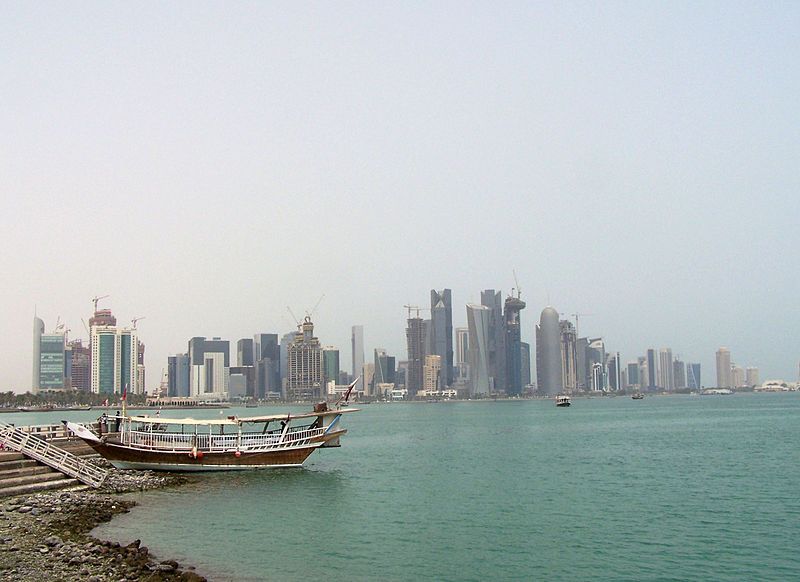UN COP18 climate talks extend Kyoto Protocol
The UN Climate Change Conference in Doha, otherwise known as COP18, ended in Doha at the weekend. The parties launched a new commitment period under the Kyoto Protocol and agreed on a firm timetable to adopt a global climate agreement by 2015. They also agreed on a path to improve the response to the effects of climate change, endorsed the completion of new institutions, and agreed on ways to deliver scaled-up climate finance in developing nations.

The UN Climate Change Conference in Doha, otherwise known as COP18, ended in Doha at the weekend. The parties launched a new commitment period under the Kyoto Protocol and agreed on a firm timetable to adopt a global climate agreement by 2015.
They also agreed on a path to improve the response to the effects of climate change, endorsed the completion of new institutions, and agreed on ways to deliver scaled-up climate finance in developing nations.
The Kyoto Protocol, the only binding agreement under which developed countries commit to cutting greenhouse gases, has been amended so that it will continue as of 1 January 2013.
Governments have agreed to speedily work toward a universal climate change agreement covering all countries from 2020, to be adopted by 2015, and to find ways to scale up efforts before 2020 beyond the existing pledges to curb emissions so that the world can stay below the agreed maximum 2 degrees Celsius temperature rise.
Governments also agreed at the Doha summit on the completion of new infrastructure to channel technology and finance to developing nations.
Korea has been endorsed as the location of the Green Climate Fund and the work plan of the Standing Committee on Finance. The Green Climate Fund is expected to start its work in Sondgo in the second half of 2013, which means it will be able to launch activities in 2014.
In terms of long-term finance, developed countries were encouraged to increase their efforts to provide finance between 2013-15 at the average annual level with which they provided funds during the 2010-2012 "fast-start" finance period.
Governments will in the meantime continue a work programme on long-term finance during 2013 under two co-chairs to contribute to the ongoing efforts to scale up the mobilisation of climate finance.
Germany, the UK, France, Denmark, Sweden and the EU Commission announced concrete finance pledges of an estimated US$6-billion for the period up to 2015.
Countries also agreed on support mechanisms for developing countries. Part of the support is a registry that will record developing country mitigation actions that seek recognition or financial support. The registry will be a flexible, dynamic, web-based platform.
Parties will meet again at the next UN Climate Change Conference - COP19 - in Warsaw, Poland at the end of 2013.
